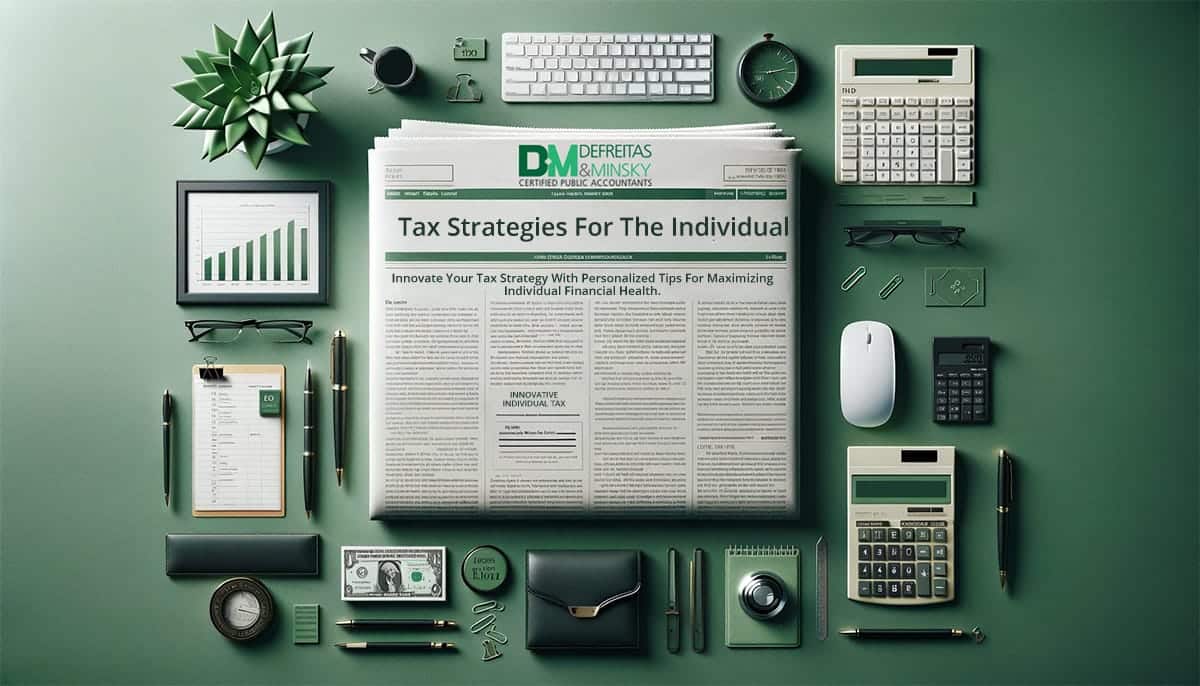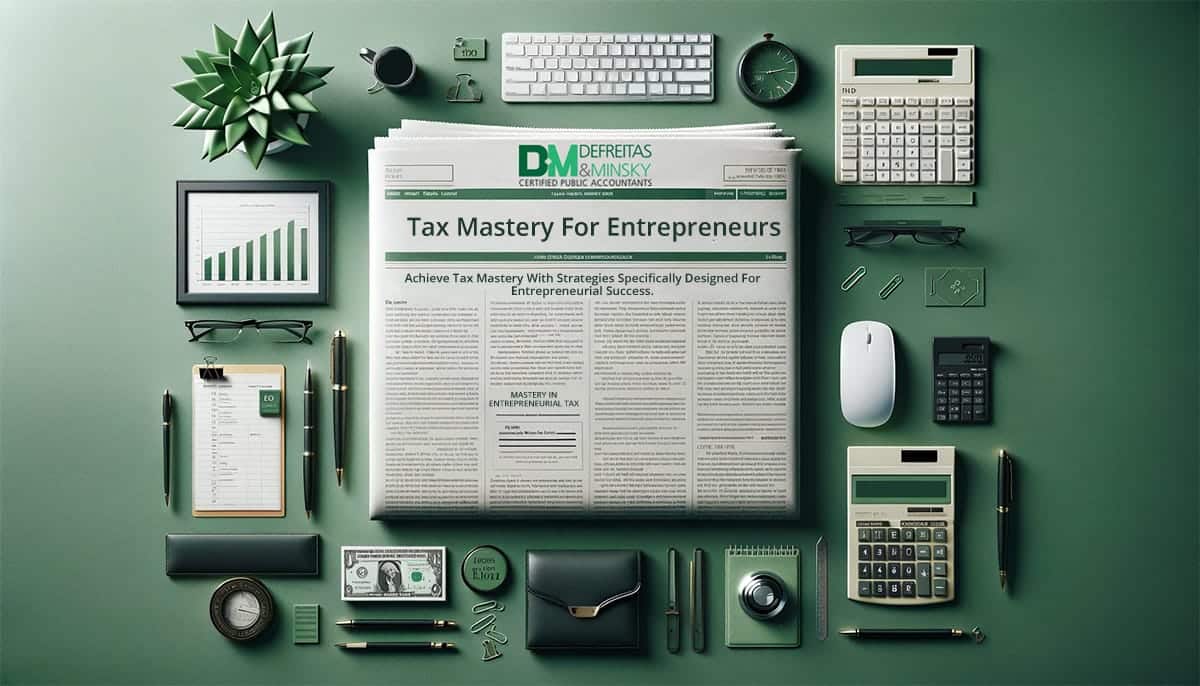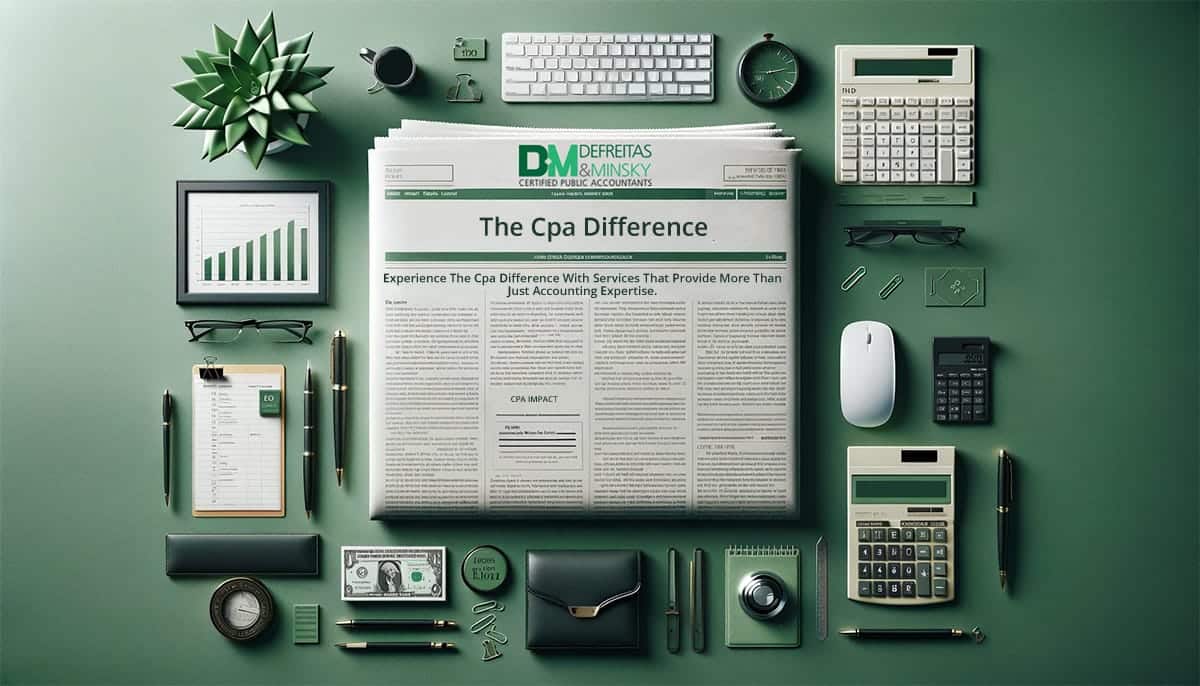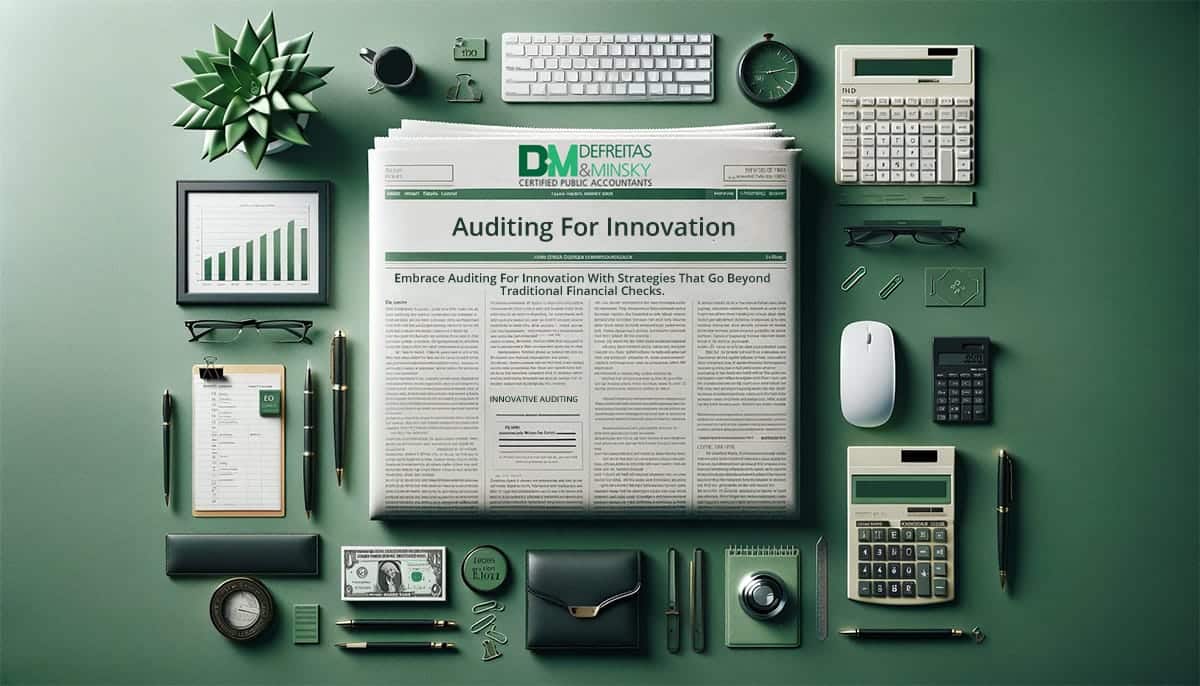The beginning of the year is the time for business owners to double and triple check that they’ve used all of the business tax deductions that are available to them. Documentation is important for everyone, but especially so for business owners, who often authorize employees to make purchases on behalf of the company. For that reason, it’s important to keep all relevant receipts from all business expenses, so that you have them to refer to throughout your business tax planning process. Additionally, business owners should maintain a log of their expenses, with explanations of why certain list items are business-related, which allows them to be tax deductible.
Vehicle Expenses
There is a standard cents-per-mile rate that may be used for tax purposes, which is one way to account for using your own car for work in your business tax deductions. Another way to expense your mileage is to actually save all of the receipts from business travel, and track the amount spent. The latter method allows you to also account for vehicle depreciation, often resulting in greater tax savings. Be mindful of tracking both business and personal use, because when a personal vehicle is reportedly used 100% for business, it raises suspicion with the IRS.
Educational Materials
Materials that are purchased to improve your company’s profitability can be written off as business tax deductions. This includes books, magazines, newsletters, audio, and video recordings—anything from which your employees will learn how to better conduct themselves to improve your business. Even materials that aren’t explicitly meant to be educational can often be justified as business expenses. This includes nonfiction books, such as memoirs by successful entrepreneurs. If a book helps you learn to negotiate with suppliers, or teaches you better employee management skills, you could likely justify the expense.
Educational material isn’t limited only to things you can read and watch; courses, seminars, and workshops that help to improve skills relevant to your business can also be written off in your taxes. Some of the more obviously courses you may take would be those that are geared toward business-specific skills, such as a workshop to sharpen your managerial skills. However, there are many other types of educational classes you could take that can be justified as business tax deductions. For example, suppose you spend a lot of time on the golf course for business—if you can show that at least 50% of the days you’ve spent on the golf course were for business purposes, such as outings with clients or prospects, you may be able to write off golf lessons that keep you from making a fool of yourself.
Advertising and Marketing
It’s of little surprise to you that traditional means of advertising, such as print and radio ads, are business tax deductions. However, there are a number of other valuable marketing and advertising avenues that can also be considered tax deductible.
Having any promotional materials printed and prepared, business cards, for example, are often tax deductible purchases. Additionally, if your company sends out samples of your products, or participates in trade shows where you give away promotional items, you can probably deduct what you lay out. You may even be able to write off the cost of sponsoring a local little league team, so long as your company’s name is displayed and your target audience is in the stands.
Even though these different opportunities are small on their own, when you combine them all there is a nice amount of money to be saved if you file your taxes properly. Most importantly, make sure you keep careful track of your expenses throughout the year to get the most from your business tax deductions. If you need tax preparation help, contact our experienced team at DeFreitas and Minsky LLP, so we can answer any questions you may have!








